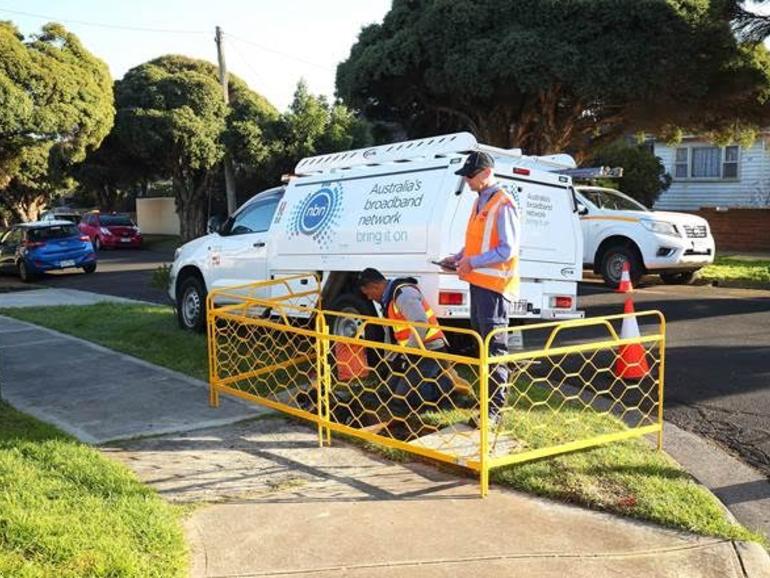The company responsible for the National Broadband Network has seen its revenue jump by almost one quarter to AU$3.5 billion for the nine months to March 31, as 835,000 premises were added to the network since the start of its fiscal year.
Earnings before interest, tax, depreciation, and amortisation was reported at AU$895 million, which represented a AU$1.6 billion turnaround on last year’s earnings.
Over the nine months, NBN paid AU$1.05 billion in payments to Telstra and Optus, almost halving the AU$1.985 billion paid last year. Similarly capital expenditure almost halved from AU$3.7 billion last year to AU$2 billion this year.
For a number of years, the residential average revenue per user (ARPU) had remained in the mid forties, and currently sits at AU$45, well short of its AU$51 target.
NBN has previously said it will rely on business revenue to make up the deficit, and for the nine month period to March 31, business connections created 24% more revenue to post AU$600 million. NBN said its ARPU remains lower thanks to its CVC boost and other pandemic-related support.
See also: Snake and ladders as Australian broadband realigns towards NBN
“We are well placed to achieve our FY21 total revenue target of AU$4.5 billion,” NBN CEO Stephen Rue said.
“Our Focus on Fast initiative, which commenced on 1 February 2021 and offers rebates to retailers to incentivise sales of higher speed tiers, has helped to lift more customers to higher speed tiers with approximately 10% of customers now on plans based on wholesale speed tiers of 100Mbps and an additional 7% of customers on plans offering download speeds of 250Mbps and close to 1Gbps.”
Earlier this week, NBN revealed it was planning to offer on-demand full fibre upgrades to users on its fibre-to-the-curb network that wish to receive over 250Mbps.
In September, NBN announced it would be looking to spend AU$4.5 billion to have 75% of its fixed-line network be able to receive 1Gbps speeds by the end of 2023, by offering on-demand upgrades to those on fibre-to-the-node (FttN) connections that wanted higher speeds.
